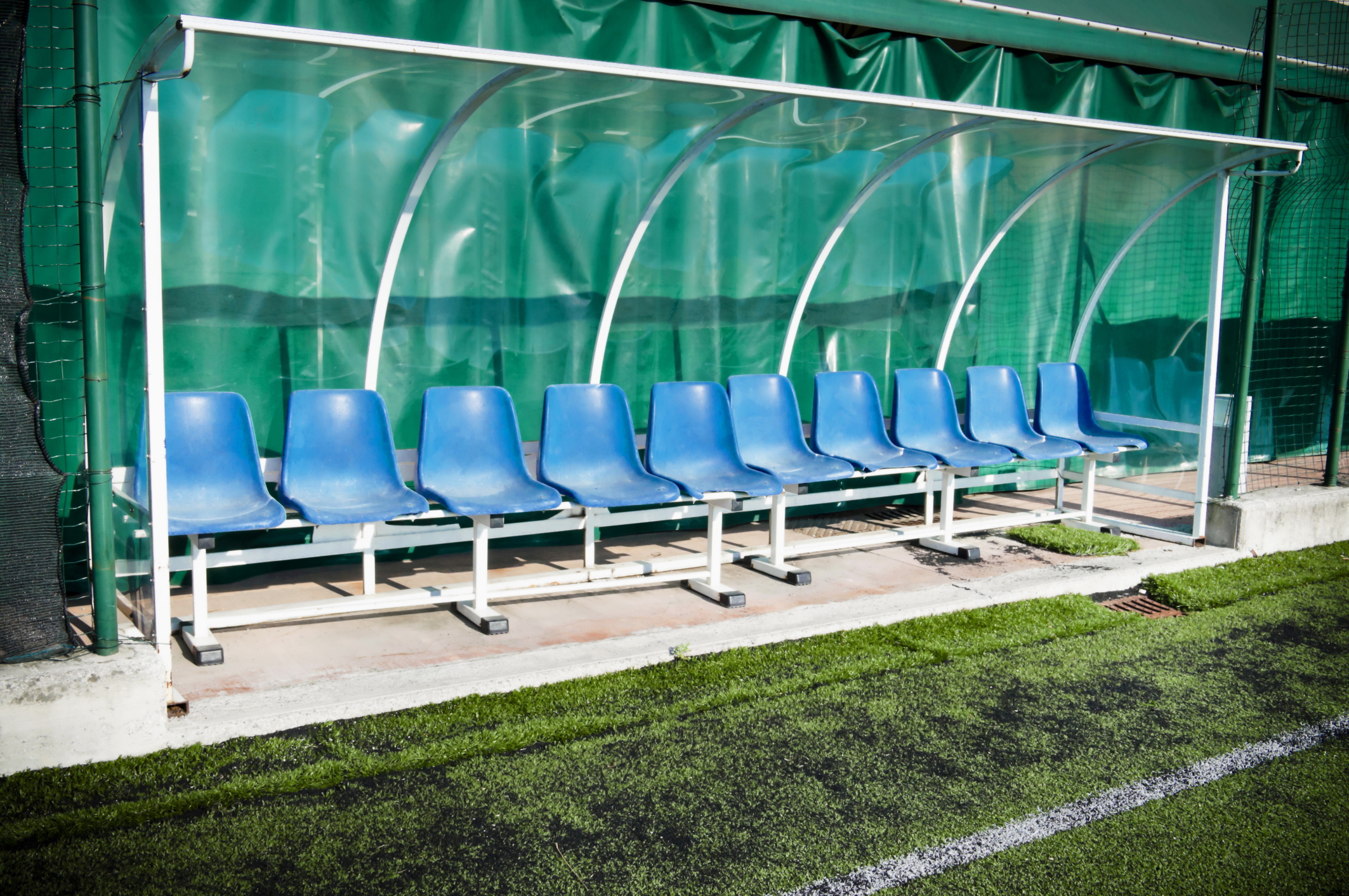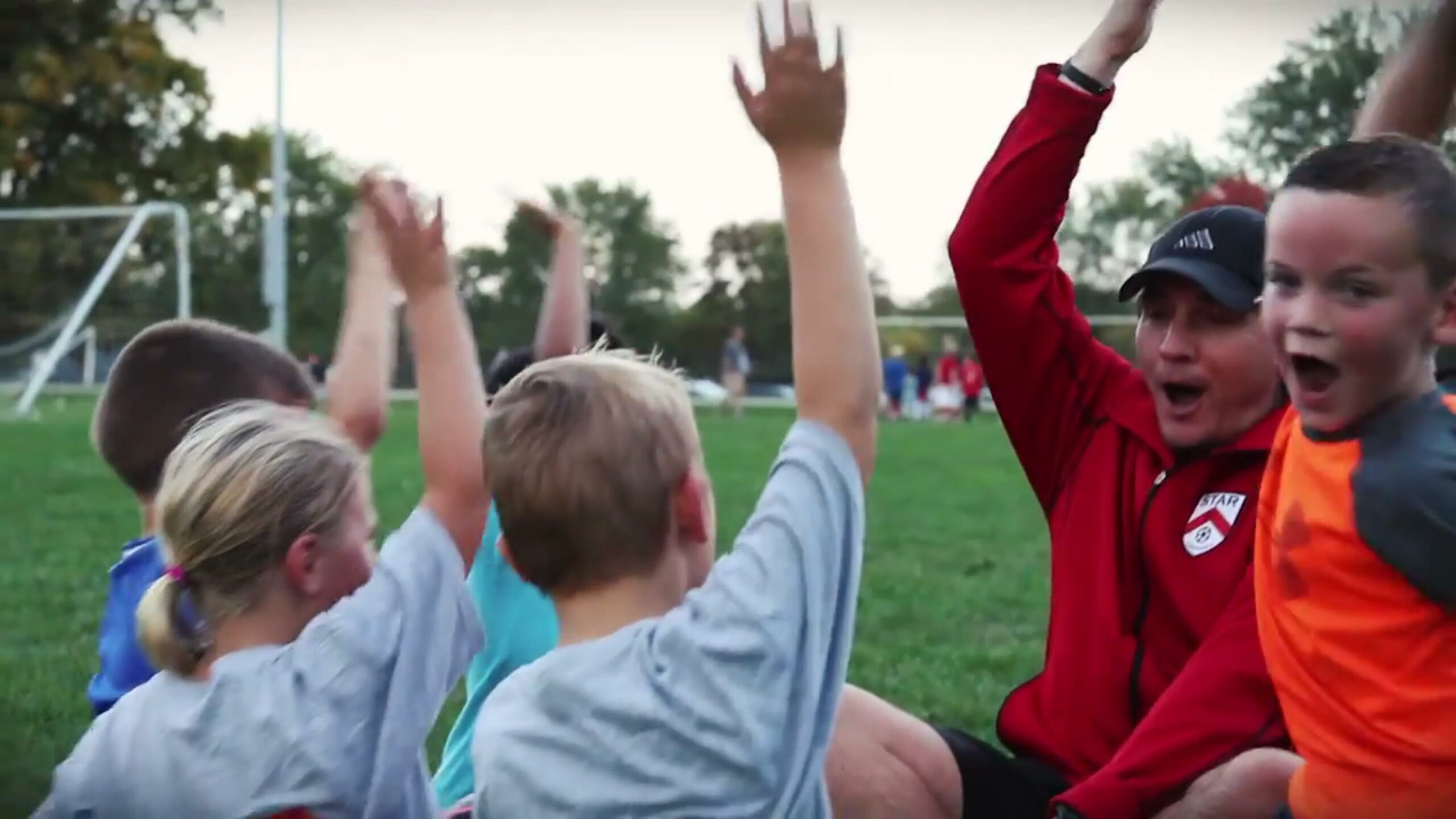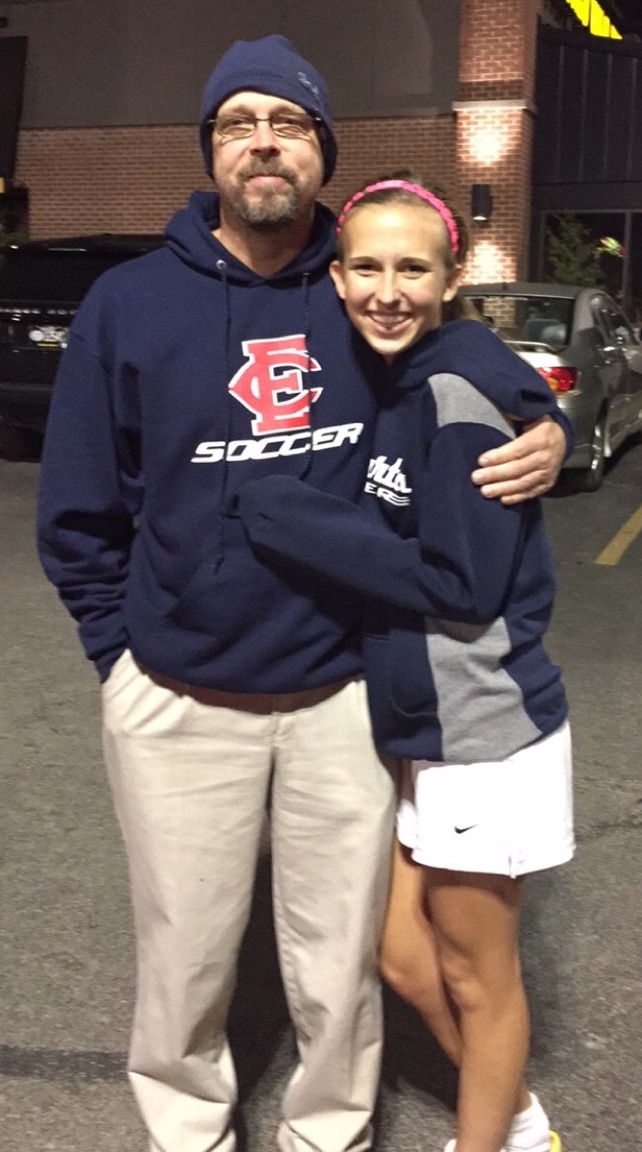“It ain’t what you know that gets you in trouble. It’s what you know that just ain’t true.” – Mark Twain
“What makes you a professional?”
That was the question Dr. Richard Bailey, Head of Research at the International Council of Sport Science and Physical Education, posed to me and 250 PGA instructors in Orlando this past January at the PGA Youth and Global Summit.
“Does getting paid to do something make you a professional? I don’t think so,” he continued, as he displayed the image above.
“Does belonging to a professional association of coaches or instructors make you a professional?” he asked. “Can’t we do better than that? Don’t we expect more of our professional doctors and lawyers and accountants than to simply be paid for their work or belong to a trade association?”
“No, being a professional is much more. It means seeking a standard of excellence, constantly improving and incorporating the best knowledge and research in your field in order to get better at what you do every single day. That is what it means to be a professional.”
A lot of heads were nodding in the crowd.
“Then we better get to work,” said Bailey, “because when it comes to coaching across the globe, there are far too many coaches who want to be considered professionals in their field, but have no intention of improving themselves or seeking a standard of excellence. They want to be treated like professionals but have no intention of acting like one. This is what we need to change.”
Amen Dr. B! Amen! (click here to listen to our podcast with Dr. B!)
I am a coach. For the past twenty plus years, coaching has been my profession. Yet for far too long, I didn’t act professionally. I got paid. I joined associations. I took my certifications and licenses. But I didn’t look beyond those things. I didn’t seek out more. I blamed my players for not learning, instead of myself for not properly teaching. And then something remarkable happened.
I had my own children. I realized for the first time in my life that there was something more important than myself. I realized the tremendous trust and responsibility that was placed with me by parents who turned over the physical and emotional well-being of their children to me.
I realized I was letting too many of those kids down. It was time for me to become a true professional coach and not simply a coach who got paid. It changed me forever as a coach. It did not make me perfect – far from it – but every day I try and get better. How?
I think about what I missed at practice today.
When players do not learn something, I look first to where I failed as a teacher before I blame the students.
I look for more effective ways to teach.
I try and be a better listener.
I surround myself with coaches who challenge me and critique how I work.
I read books and research on a daily basis.
Do you?
Our goal at the Changing the Game Project is for all coaches to become more professional in our work. That does not mean we all will get paid, but it does mean they get trained and held to a higher standard. Our work is too important.
This article is for those of us who do get paid. This is for coaches who take a paycheck and work with kids and young adults, either on a full-time or part-time basis. Because I look around and I see a lot of non-professionals out there, and you are doing our profession a huge disservice. You are giving us a bad name. You refuse to attend certification or licensing, and never pick up a book or go watch a true master coach at work. Some of you are scaring families and children into accepting everything you say and do, a deity who controls their playing time, their participation, and their future, promising scholarships and “playing at the next level” without even understanding what that means, or caring how many eggs you break in order to find one that does not crack.
We need a higher standard. Parents must demand it. Good coaches must demand it. Athletes must demand it. And administrators must demand it. So what does that standard look like?
When Dr. Jerry Lynch and I work with college teams, we start with two basic questions:
- What are we doing now that we need to KEEP doing if we want to be successful in the future?
- What do we need to STOP doing that we are doing now if we want to be successful in the future?
These questions seem quite appropriate here. What do we need to keep doing, and what do we need to stop doing, if we want coaching to be a profession?
Here are a few things that I see great coaches doing, that we ALL must keep doing in order to truly be professionals:
– Be a lifelong learner and master of your craft: the number of NCAA, world and Olympic titles that guests on our Way of Champions Podcast have won is approaching 100, and the one commonality amongst the best coaches is that they are lifelong learners. Peter Vint, former USOC Performance Director, said it best when describing USA Women’s Volleyball Coach Karch Kiraly: “He has a deep curiosity and a relentless pursuit of becoming better.” YES!
– Be a good listener: This is one quality that all great leaders possess, the ability to listen to their athletes and use what they hear to craft great practices and build great teams. Great listeners are great connectors, and the ability to connect is a core competency of quality coaching
– Coach the person, not the sport: you don’t coach soccer, you coach Johnnie and Jimmy. Every single person in your group needs something slightly different from you. Some need discipline, and some need a hug, because they never get it at home. Know the difference and relentlessly connect with each person and each athlete. Ultimately, your influence will last much longer than the sport.
– Intentionally build culture and positive team dynamics: when they ask kids what makes sports fun, three of the top five things have to do with positivity and great team building. Culture is not an accident, it is something that is purposely created. Culture is not an event; it is a process. Great coaches create the positive culture and dynamics that allows athletes to flourish.
– Engage parents: “Most parents are not crazy: they are stressed,” says Skye Eddy Bruce, founder of www.SoccerParenting.com. “We need to stop using the crazy ones as an excuse to not engage the stressed ones.” YES! Parents are stressed because they are afraid their child is missing out, they are running all over the place taking kids to private this and group that, and it costs money and time. Professional youth coaches build trust, give parents good information, communicate continuously, and give feedback to parents and kids. Your life will be much easier if you recognize parents as partners in the process and engage them as such. A little work up front saves you a lot of work on the back end!
– Make yourself redundant: as opposed to joystick coaching (see below). I have heard quite a few top coaches say this, and describe how they give ownership to athletes in incremental bits so that they start to hold each other accountable, solve problems on their own, and take ownership of the team. James Kerr talks about this in Legacy, how the New Zealand All-Blacks do this (“pass the ball”). Steve Kerr talks about the Warriors being “the players’ team.” This is tough, but it is how great coaches work. A side benefit is your athletes will be more engaged, more focused, and excited to learn once the focus shifts to an internal locus of control.
– Understand coaching is about Xs and Os AND Relationships: we speak a lot about winning the relationship game with your athletes, yet sadly far too few coaching courses teach this. Yes, your activities and knowledge of Xs and Os and sport science matters, but it is not sufficient. Your players don’t care how much you know ‘till they know how much you care!
– Get a mentor, or 6: surround yourself with other coaches in and outside of your sport who will critique you, challenge you, and push you to become better. Film yourself, ask for feedback from players and parents, and if you expect your players to be open to learning, demonstrate that you are as well.
Here are a few things youth coaches must STOP doing if we want to be considered professionals:
– Demeaning children: I just read this incredible letter from a coach who is dying of cancer. He reflected on how he speaks to the kids, and how he may be giving his last pregame talk. If we are not OK with our words being the last words a child ever hears from us, then those words should never leave our lips. As Coach Russ Powell concludes in his letter, “I simply refuse to make a player feel bad because they’ve missed a penalty, misplaced a pass or lacks natural ability in their game. Now you may read this and dismiss it that’s your choice. The one thing to think about is, you never know when your last team talk will be or the last time you see your child play football. I know that time for me is soon and I want to make it an incredible experience.”
– Ignoring Parents: who are we to be so high and mighty that we do not let parents know how their kids are doing, where they stand, and how they can help. We need to engage them, not ignore them.
– Disrespecting officials: treat them with the dignity and respect that they deserve. Just because someone gets $20 a game to officiate does not give you the right to berate them and insult them, especially over an inconsequential call. It is a terrible message to your players, disrespects the game you coach, and is currently driving officials out of sports faster than we can replace them. What will you do when there is no one left to referee?
– Not letting kids play: there is no game at the youth level that is so important that a player who comes to practices and fulfills the basic commitments of the team should not get meaningful playing time in. None. IF YOU PICK THEM, YOU PLAY THEM. The number of emails I get from parents of children who want to quit a sport they once loved because the coach refuses to put them in, or pulls them after a single mistake, are way too high.
– Refusing to educate yourself: stop talking about 10,000 hours to mastery as if it is some magical boundary; there is no such thing! Stop isolating skills in blocked practices and then wondering why the players cannot perform them in games and matches Please read the actual peer-reviewed science and the latest evidence on how people learn and how skill is acquired. Stop saying “I have always done it this way” as that is about as unprofessional as it gets.
– Joystick coaching: let the intelligence be on the field, not on the sideline. Let them make decisions, let them face desirable difficulties, let them make mistakes, and create an environment of learning. If you move every player where he should be and solve every problem the game presents, what then? When do the players get to learn?
Coaches, we need to be professionals. Not simply paycheck collectors. Not simply members of some trade association (though that is a start).
We must be true professionals.
Men and women who seek a standard of excellence in our work every single day.
Men and women who hold each other accountable for that high standard.
Men and women who call out those who do not meet the standard.
Men and women who celebrate those that do.
We are coaches.
We don’t just have a job.
We have a calling, and an immense responsibility.
And that calling demands more.
(Oh, and by the way, that quote at the top of the article, I am pretty sure there is no proof Mark Twain ever said or wrote that. Just sayin!)













Comments